After the postponement of elections, the political situation in Libya maintains its uncertainty. At the same time, efforts of dialogue between the eastern and western parts of the country, between the High State Council and the House of Representatives are advancing, while Greece declared to struggle against the Turkish-Libyan maritime boundaries delimitation agreement. Meanwhile, the United States keeps on pressuring Libyan political actors.
We spoke about these issues with Dr. Issa Tuwegiar, former Libyan Minister of Planning and private consultant in Tripoli. Dr. Issa Tuwegiar had also recently participated in the UWI webinar hosting Mr. Khaled Al-Mishri, Chairman of Libyan High State Council.
The Greek government has prepared a 3-year-strategy-and-security plan. According to Greek press reports, one of its targets is the cancellation of the Libyan-Turkish Maritime Border Delimitation Agreement. Is such a cancellation possible, how do the political circles in Libya see such attempts?
I doubt very much if such target can be achieved. The Libyans recognize the value of the agreement to Libya. Even those in the eastern parts of our country, who used to oppose it, have changed their minds after their visit to Turkey and listened to explanation by experts.
“Turkey needs to adopt a long-term vision for Libya”
They have explained and defended their change of attitude towards Turkey on the Libyan media. Yesterday, the deputy prime minister from the east, Mr. Qitrany met with the Turkish ambassador to Libya and invited him to Benghazi to open a consulate and participate in the reconstruction of the country. I think Turkey should capitalize on this but should never compromise its basic stand toward the Dictator to keep its good image in the east.
On the other hand, Greece has nothing to offer to Libya compared to what Turkey can offer. However, Turkey needs to adopt a three-pronged long-term vision in Libya: security, democracy and development.
Efforts of communication between the East and the West parts of Libya have accelerated recently. The Chairman of the High State Council (HSC), Khaled al-Mishri invited the Chairman of the House of Representatives (HoR ) to Tripoli. How do you evaluate these steps? Which are the main drivers and main obstacles?
The Chairman of the HSC have always approached the HoR to work together in accordance with the Skhirat Agreement to solve the problem of the constitution and produce better laws for elections.
After the failure of HoR in holding elections, the HoR may have realized the importance of cooperating with HSC. Tripoli has been always ready to receive its ex-opponents in order to achieve peace and stability. Many of those who supported the attack on Tripoli have come to Tripoli. This is the spirit of February 17 (reference to February 17, 2011 uprising against Muammar Gadhafi, UWI). The aim is to build a democratic state for all Libyans and prevent dictatorship fro returning through elections.
“US government does not seem to abide by the principles of President Biden”
The US ambassador to Libya, Richard Noland said via twitter “I spoke with (his excellency) Al-Mishri to convey US support for efforts to restore momentum to presidential and parliamentary elections following the postponement in December.” Do you observe that the US is again pressuring to hold the elections very soon, without having achieved the proper constitutional basis?
Yes, the U.S. has consistently done so. They claim that it is difficult to have consensus on the constitution. I think the US policy is to have a unified government to request the departure of mercenaries, particularly the Wagner. It doesn’t seem to abide with the Biden democratic principles. They defend the right of the Libyans to elections but they deprive them from their right to hold a referendum on a constitution written by an elected committee.







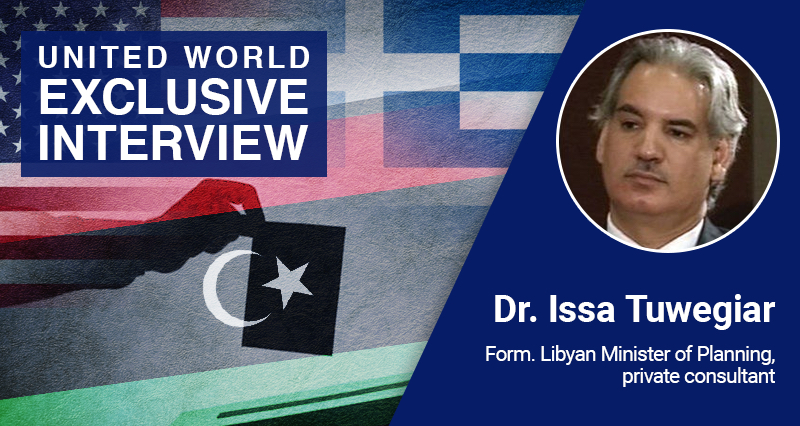
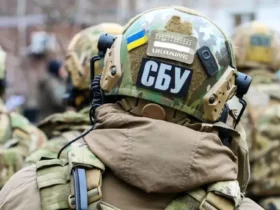
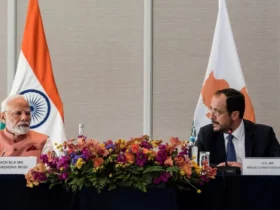
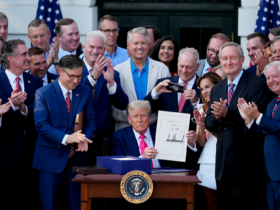
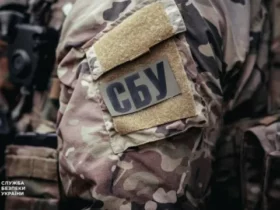
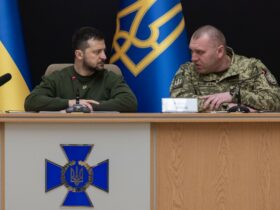




Leave a Reply